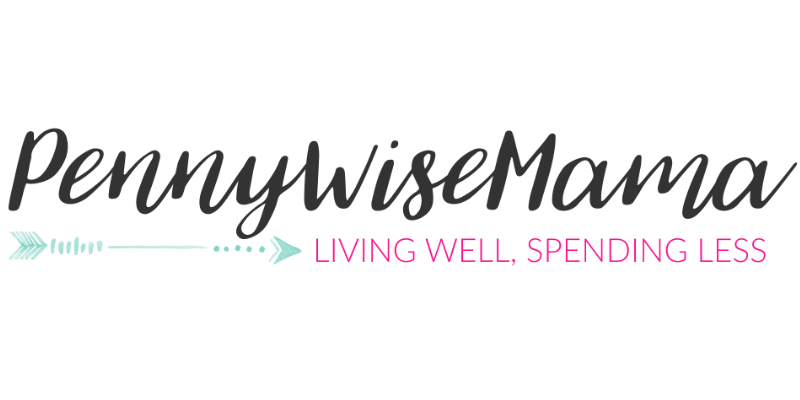Late last week, the Centers for Disease Control and Prevention released a report stating Americans make nearly 1 million doctor’s appointments and emergency room visits a year for eye infections – most due to the improper use and care of contact lenses. I couldn’t believe something so simple could lead to such potential harm!
This is a topic I am clearly passionate about. If you recall, I recently wrote a post surrounding the importance of obtaining contact lenses through a prescription from your eye doctor. So in honor of Contact Lens Health Week (November 17-21), I am reminding everyone that contact lenses are a medical device and must be cared for properly in order to ensure optimal eye health. Below, I’m sharing a few important safe wear and care tips from my friends at Johnson & Johnson Vision Care, Inc, the makers of ACUVUE® Brand Contact Lenses.
DO’s and DON’Ts for handling and wearing your contact lenses:
DO’S:
- Wash and rinse your hands thoroughly with a mild soap, rinse completely, and dry with a lint-free towel before handling your lenses. Avoid soaps containing cold cream, lotion, or oily cosmetics before handling your lenses.
- Inspect your lens before putting it in your eye. Examine it to be sure that it is moist, clean, clear and free of any nicks or tears. DO NOT use a lens if it is damaged or if the sterile.
- Remove your lenses immediately if you experience eye discomfort, excessive tearing, vision changes, and redness of the eye or other problems and promptly contact your Eye Care Professional.
DON’TS:
- Touch the lens with your fingernails and never use tweezers or other tools to remove lenses from the lens container unless specifically indicated for that use.
- Wear your lenses beyond the amount of time recommended by your Eye Care Professional. When you discard your lenses and replace them with a fresh, sterile pair, you lessen the risk of eye infections or other potential problems.
- Expose contact lenses to any water (i.e., tap, bottled, distilled, lake or ocean water) while wearing them. (Exposing contact lenses to water in these situations may increase the risk of severe eye infection that could lead to vision loss or blindness. If your contacts unexpectedly come into contact with water, discard them afterwards and replace them with a fresh pair.)
- Wear someone else’s contact lenses.
To reduce the risk of contact lens-related infection, here are some steps you should follow:
»Always use fresh lens care products and lenses before the expiration dates. Never re-use old solution. Contact lens solution must be changed according to the manufacturer’s recommendations, even if the lenses are not used daily.
»Always remove, clean, and disinfect your lenses according to the schedule prescribed by your eye doctor.
»Never use saline solution and rewetting drops to disinfect lenses. Neither solution is an effective or approved disinfectant.
»Use only solutions recommended by your Eye Care Professional and always follow the directions in the package inserts. Do not transfer contact lens solution from its original container to anything other than storage cases.
»Do not use saliva or anything other than the recommended solutions for lubricating or wetting lenses. Do not putyour lenses in your mouth.
»Never rinse your lenses in water from the tap. Tap water contains many impurities that can contaminate or damage your lenses and may lead to serious eye infections and loss of vision.
»Bacteria can grow in contact lens cases, so it is important to properly use, clean and replace your case, as well as your lenses. After removing your lenses from the contact lens storage case, empty it of all solution, and clean the case by rubbing and rinsing with solution(s) recommended by your eye care provider. When finished, wipe the case with a clean, lint-free tissue to remove any excess solution and allow the lens case to air dry with both the case andcap(s) face down.
For additional information, visit www.acuvue.com/healthyvisioncl. And be sure to sign up for the ACUMINDER™ tool to receive reminders about replacement schedules, re-ordering lenses, and when to schedule your next eye exam.
Most importantly, always talk to your eye care doctor about any questions or concerns you have related to contact lenses and your eye health in general.






Clarice
Tuesday 20th of October 2015
I'll have to share all of these tips with my husband! He recently got contacts and he's still getting used to them. I love the suggestion about using only solutions recommended by your Eye Care Professional. I bet it's really easy to want to buy the cheap solutions rather than the ones you were recommended. I mean, sometimes that works out fine, but personally, I think it's always better to be safe than sorry.
Julia Carlson
Tuesday 9th of December 2014
These are all really great tips! I didn't know that drying your hands with a cotton-free towel is important. It makes sense, because then you don't get lint on your contacts. I try not to wear my contacts beyond their recommended time, but it's difficult not to when I don't have anymore to use. Some times they get uncomfortable, but I've never gotten an infection from it. I'll definitely follow your advice from now on.